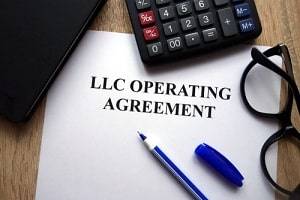
If you have a self-made, self-owned business, the connection that you have with your work is likely more than just business. Small business owners typically view their work as more than just a job. In many cases, it is their life’s passion and work all combined into one place. Building a business can be an exciting, but daunting task, especially if you feel as if some of the business jargon is slightly out of your reach. Maybe you know how to run the day-to-day business tasks, but the larger picture appears hazy. If this is the case, you should turn to a reputable business attorney for help. They can guide you in the right direction to find the proper fitting business structure, draft and review business contracts, and more. At Shakfeh Law LLC, our firm has worked with its fair share of businesses, both small and large, new and old. This experience has given us the knowledge of what business model works best depending on the business’s size. For small businesses, we suggest forming a limited liability company (LLC).
What Is an LLC?
A limited liability company is a hybrid business model that offers the benefits of a partnership and a corporation. Companies that are considered LLCs may have more than one owner, known as a “member,” and these members can be individuals or other companies. There is no cap on the number of members that an LLC can have, giving the initial business owner significant flexibility
...

 (This post is part of a series on starting a business. This page will continue to add links as we I add more content.)
(This post is part of a series on starting a business. This page will continue to add links as we I add more content.)  Covid-19 and the SARS-CoV-2 virus have not only wreaked havoc on people's health, but also on businesses. One common question during this difficult time is whether contracts are still enforceable, especially in light of travel restrictions and social distancing measures. Additionally, because many businesses are losing revenue, they are unable to otherwise honor contracts. So can parties break contracts during this time or in other difficult situations?
Covid-19 and the SARS-CoV-2 virus have not only wreaked havoc on people's health, but also on businesses. One common question during this difficult time is whether contracts are still enforceable, especially in light of travel restrictions and social distancing measures. Additionally, because many businesses are losing revenue, they are unable to otherwise honor contracts. So can parties break contracts during this time or in other difficult situations?